 |
 |
 |
 |
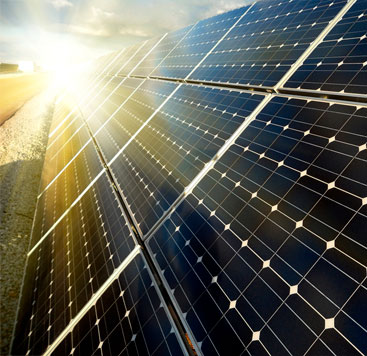 |
 |
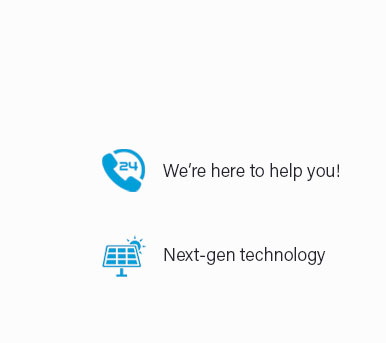 |
 |
 |
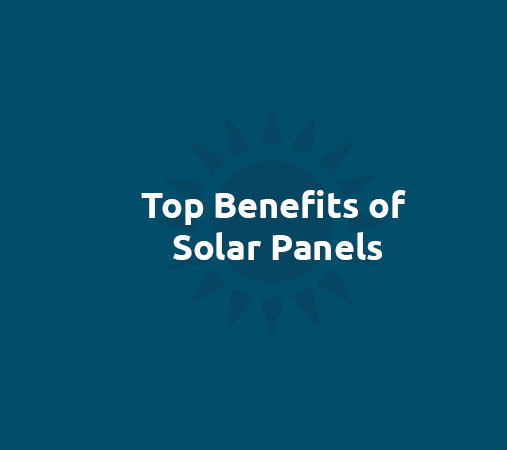 |
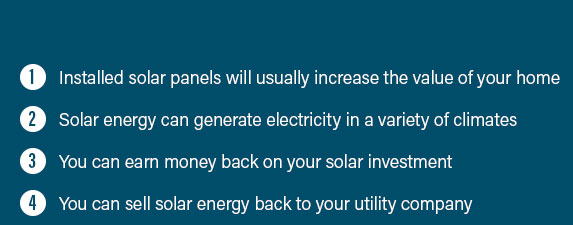 |
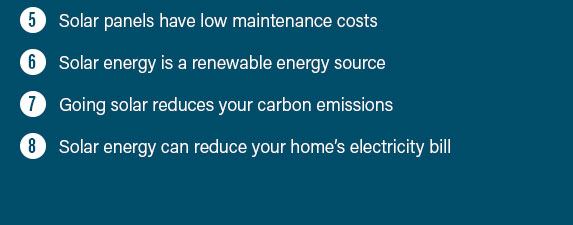 |
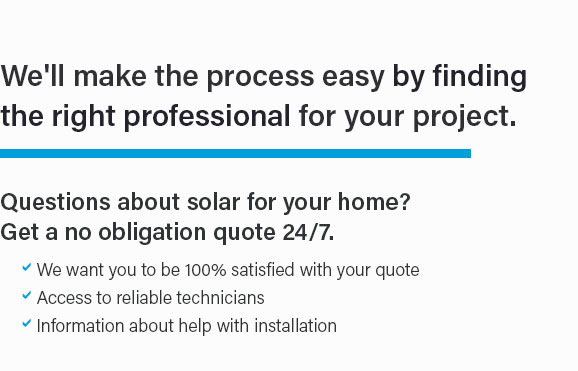 |
 |
|
 |
 |
 |
|
Unlock the power of the sun with our unbeatable solar panel installation quotes-because understanding the true cost of solar panel installations shouldn't feel like a guessing game, it's your first step towards energy independence; our transparent, tailored quotes empower you to make smart, informed decisions, confidently paving your way to a sustainable future without breaking the bank-harness the sun, save money, and transform your energy footprint today.
https://www.nerdwallet.com/article/mortgages/solar-panel-cost
The average cost of a typical-size home solar panel system is about $30000. Tax credits and incentives may reduce net cost of solar panels ... https://www.energysage.com/local-data/solar-panel-cost/tx/
How much do solar panels cost in Texas? As of January 2025, the average solar panel cost in Texas is $2.05/W. If you install a 5 kW system it ... https://www.paradisesolarenergy.com/blog/how-much-do-solar-panels-cost
The average residential solar panel system costs between $2 and $3 per watt to install. This means you should expect to pay between $25,000 and $50,000 for ...
|